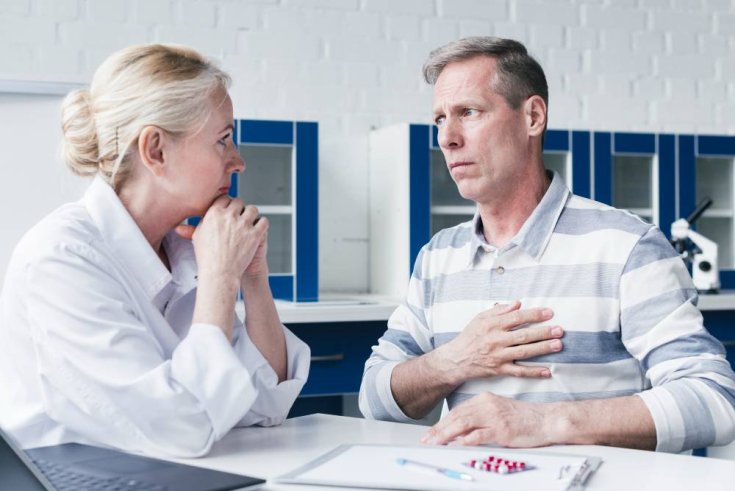A diagnosis involving your heart is never easy to hear, and the idea of needing a device implanted in your body to keep your heart working can be overwhelming. Capital Cardiology Associates understands that fear, and we also know how much these devices can change lives for the better. A pacemaker or defibrillator isn’t just hardware. If your heart doctor or cardiologist has mentioned the possibility of a cardiac device, keep reading to help you understand why, when, and how these decisions are made.
What Does a Cardiac Device Do?
Cardiac devices assist with electrical issues in the heart. Your heart has its own electrical system that’s responsible for the rhythm and timing of each beat. When that system doesn’t work right, you may experience arrhythmias. There are three main types of devices:
- Pacemakers: Corrects slow heart rhythms by sending small electrical pulses to prompt a beat.
- Implantable Cardioverter Defibrillators or ICDs: Monitors for dangerous fast rhythms and shocks the heart back into a normal rhythm if needed.
- Cardiac Resynchronization Therapy Devices: For patients with heart failure to help both sides of the heart beat in sync.
Symptoms and Signs
A cardiac device isn’t recommended lightly. Usually, your doctor will have monitored your symptoms and your heart’s electrical patterns over time. Have you experienced?
- Dizziness or frequent fainting
- Slow heart rate or fatigue from minimal activity
- Shortness of breath with daily tasks
- Skipped beats or rapid, pounding heart rhythms
- A history of cardiac arrest or serious arrhythmias
If so, it might be time to have a direct conversation with your provider. They could indicate a problem with the heart’s rhythm that needs attention. A device can be life-saving.
The Decision-Making Process with Your Doctor
Once it becomes clear there’s an issue, your care team will look at several factors before recommending a device. Your cardiologist will take into account:
- The type of arrhythmia or electrical disorder you have
- The severity and frequency of your symptoms
- Any history of fainting or near-collapse
- Your overall heart function, including ejection fraction
- Past medical history of cardiac events, like a heart attack or stroke
Sometimes, the decision comes down to risk prevention. You don’t have to make this decision alone. Your doctor will explain what’s going on and why a device might make sense. Ask as many questions as you need. You deserve to fully understand what’s being recommended and what alternatives may exist.
Life After Getting a Cardiac Device
The implant process usually involves a minor surgery that can be done under local anesthesia with sedation. Most people go home within 24 hours. The recovery is usually manageable. Expect limited arm movement for a few weeks, no heavy lifting for about a month, and monitoring to make sure the device is working properly. Once healed, most people return to normal life. Many patients say they feel better within weeks and experience more energy, fewer symptoms, and peace of mind knowing their heart has backup if needed. Athletes, parents, teachers, and business owners alike continue to live full lives with pacemakers and defibrillators. It’s very important to follow up regularly with your cardiologist in Beltsville, MD. The device will be checked periodically to make sure it's working properly. You’ll also want to let other healthcare providers know you have one, especially if you’re undergoing surgery or other treatments. There may be minor lifestyle adjustments like avoiding strong magnets, checking if you can pass through certain airport security systems, or knowing what to do if you feel a shock. These are small changes compared to the risks of not treating the problem.
Do You Have Concerns About Your Cardiac Health?
If you’re wondering if you need a cardiac device, call Capital Cardiology Associates today. Whether you're just beginning the conversation or seeking a second opinion, our board-certified team is here to walk you through it. We evaluate, explain, and empower. When the time comes, we’ll make sure you know exactly what your options are and why. Contact our office today to schedule a consultation with a local heart doctor or cardiologist.


.webp)



